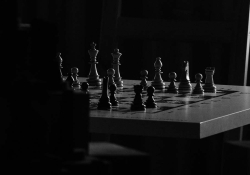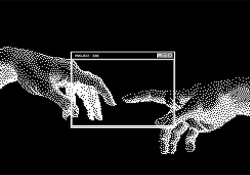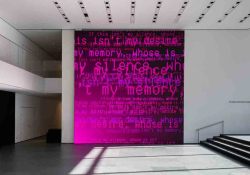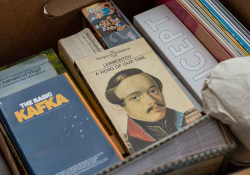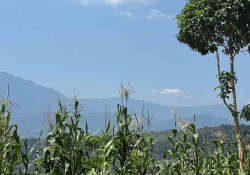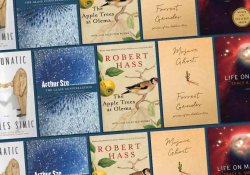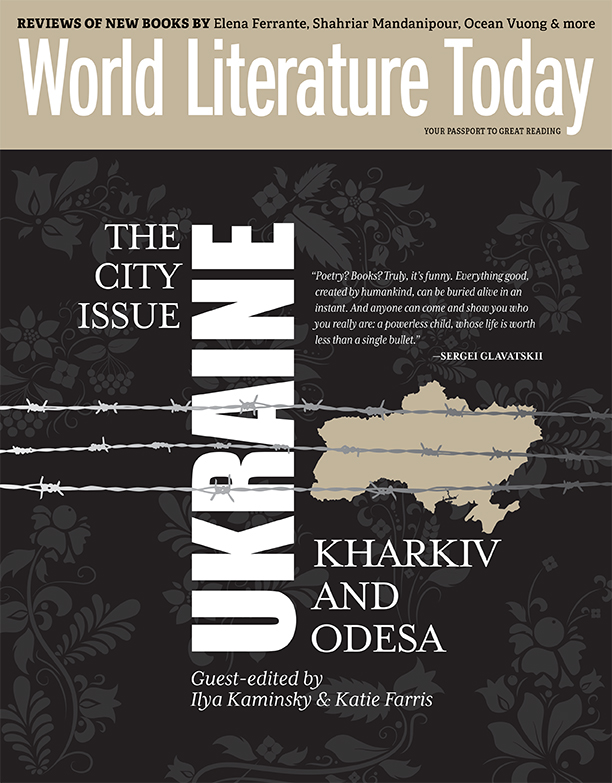Introduction to Part 2: Kharkiv - In a Circle of Silences
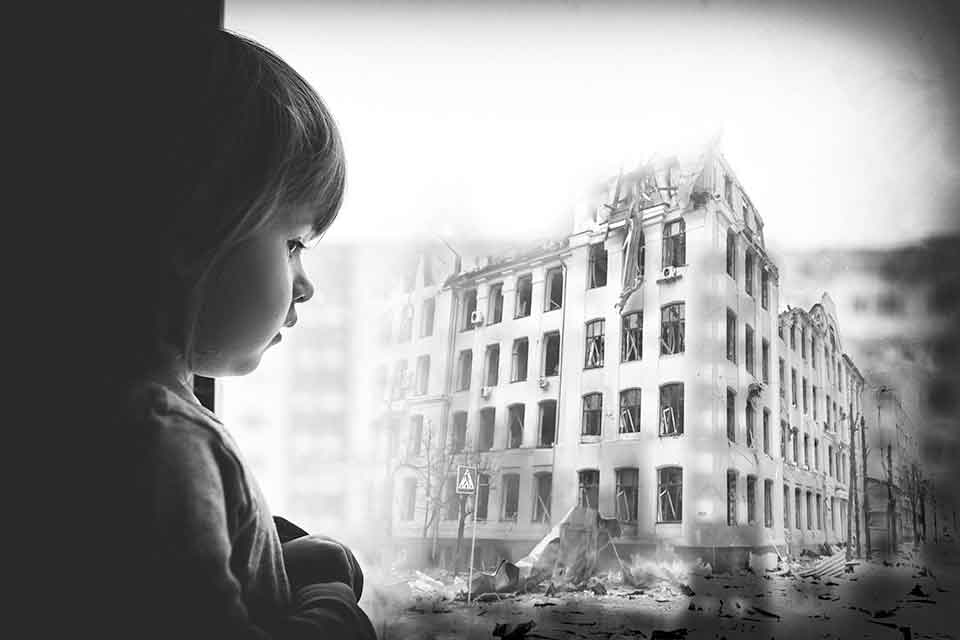
Al Panteliat is a poet from Kharkiv—he and I have been in touch for over a decade, exchanging notes, translating poems. Now, one word that appears often in his writing as I translate his prose and verse is silence—silence after bombardment, inability to choose the right word because Russian, his native language, is also the language of people who bombard his hometown. When I wrote to check on Al, when I offered help, money, he responded: it is not the money I need, but the chance for the world to listen to us. Thus began this sequence of interviews with Kharkiv poets.
Another Russian-speaking Kharkiv poet I have corresponded with for years, Anastasia Afanasieva, who won awards and acclaim for her poems in that language, now emails about her refusal to continue writing poetry in Russian: “I won’t be able to write in Russian anymore. It is not about hatred of Russian culture. It is a very simple human feeling. I am listening to all those phone calls of Russian soldiers, which were made public. And I feel disgusted to speak and write in the same language as they do.”
As he speaks to Western politicians, Putin claims that he is sending troops to Ukraine in order to protect Russian speakers. The warplanes bombard mainly Russian-speaking cities in Ukraine, such as Kharkiv, the civilians become refugees, the poets refuse to continue writing in their native language—as the West watches on, trapped in its own circle of silence, which, whether we admit it or not, makes us responsible for what occurs. If our politicians aren’t able to take action, then perhaps our journals and publishers can give space to these voices from Ukraine.
Fleeing Kharkiv
by Al Panteliat
Fleeing Kharkiv
via a tiny village I see a monument
to soldiers
of WW2
the bronze sergeant peers at me
from the podium
with
so many names names names
I can’t read
names more names than people in the village
how to read these names I don’t know I
no longer understood
my native
language.
Trans. Farris & Kaminsky


